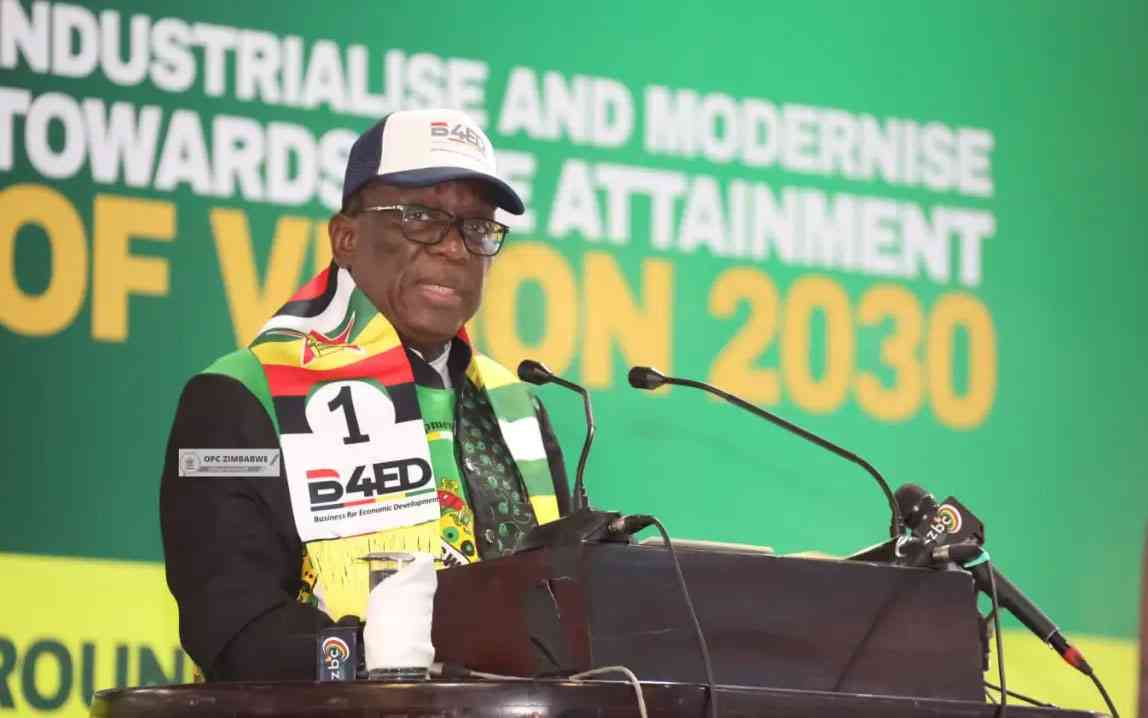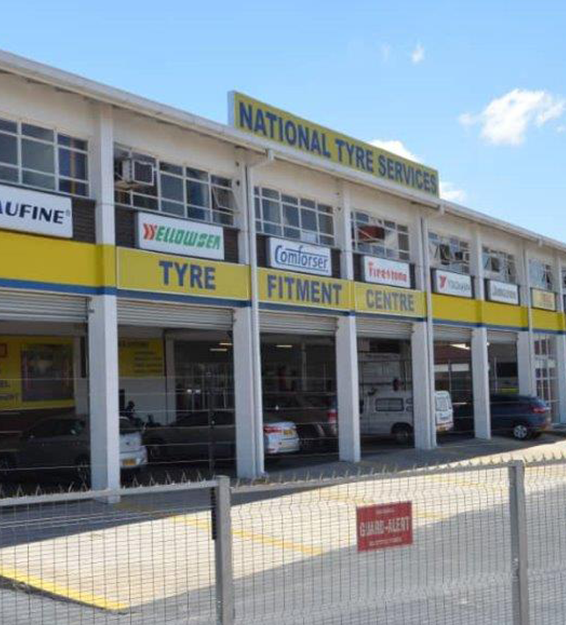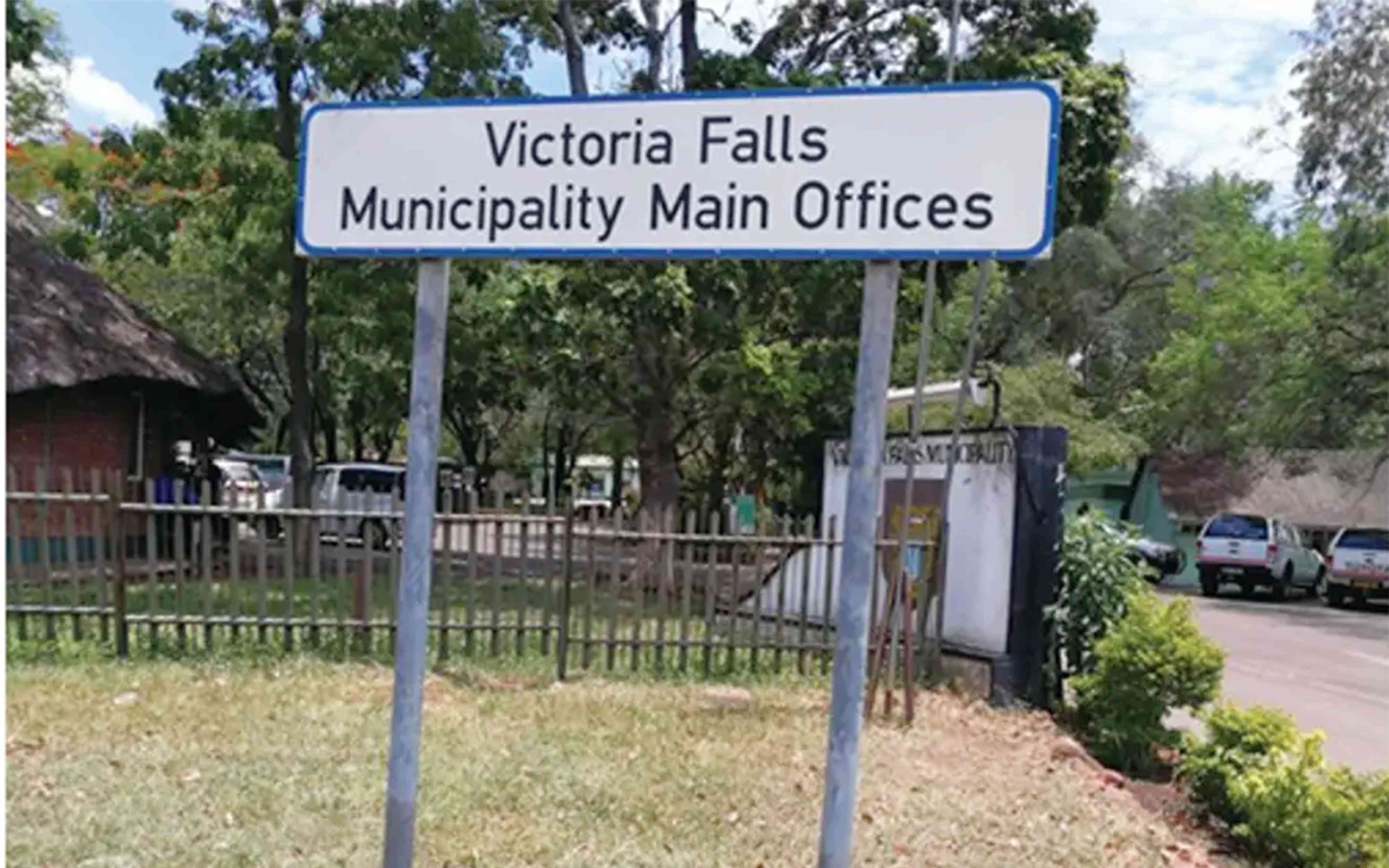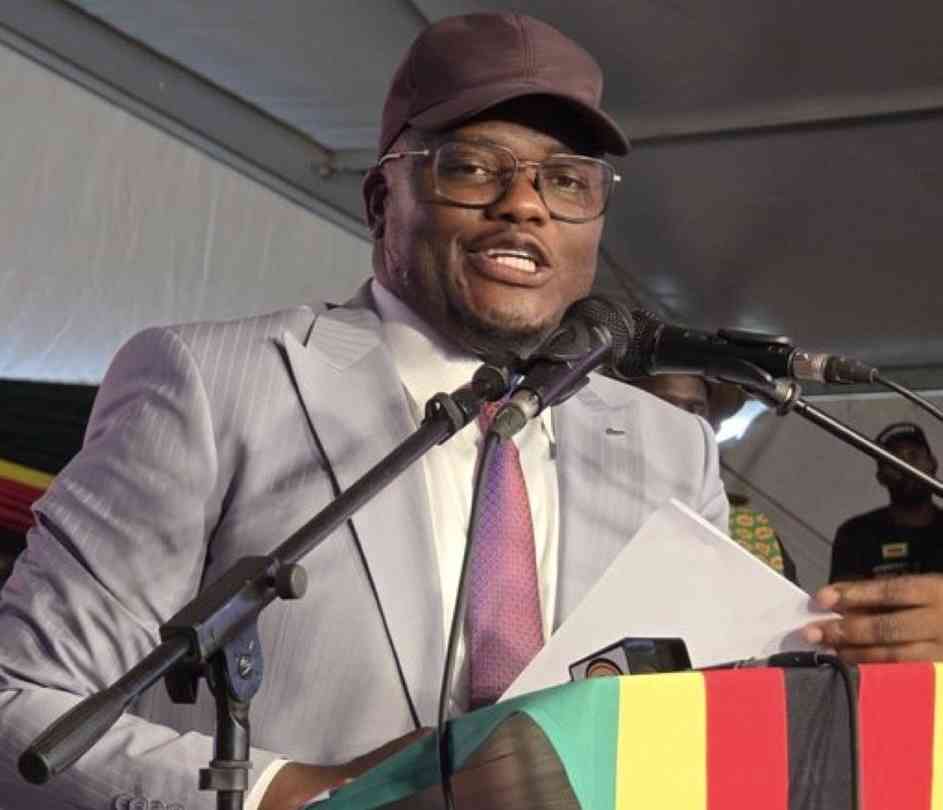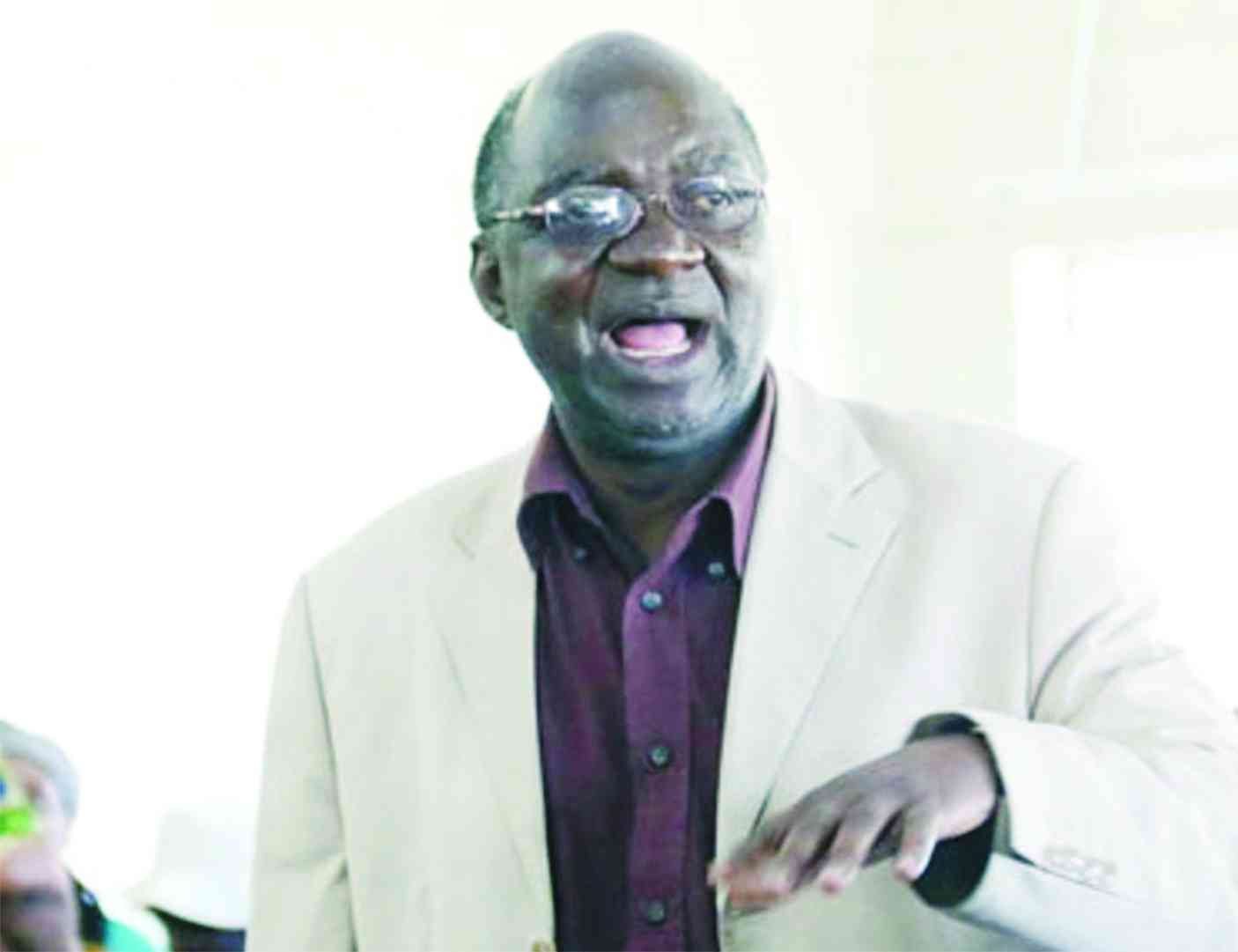
A group of veterans of Zimbabwe’s 1970s liberation war have approached a bank that has offered government US$38 billion worth of loans, demanding a share of the funds, the Zimbabwe Independent can report.
Led by Douglas Mahiya, national secretary in the ruling Zanu PF’s War Veterans League, the group reminded Time Bank that liberators suffered in the bush for everyone’s freedom.
They demanded that they must not be excluded from packages like the one tabled recently.
The bank made an ambitious proposal of arranging syndicated loans of US$38 billion to the government as part of a strategy to compensate various groups, including former farm owners and financing Zimbabwe’s sovereign debt resolution.
Confidential communication between Time Bank and the war veterans said “we expect everyone to know that veterans of the liberation sacrificed a lot to liberate this country and that they deserve to be paid such compensation”.
Time Bank, which re-entered the market about a year ago after being affected by a wave of bank failures between 2004 and 2005, is a privately-operated business with no known links to the Zimbabwean government.
But it has cobbled a plan to help Zimbabwe address deepening financial problems triggered by a long drawn economic crisis.
The letter, signed by Mahiya, Evaristo Pfumvuti and Richard Chirongwe, was responding to advertisements placed in newspapers by Time Bank, in which it disclosed plans to rescue the country.
- Reopen but don’t take deposits, RBZ tells Time Bank
- Time Bank ushers in new business model
- Time Bank finally reopens
- Time Bank plans US$35bn syndicate loans to govt
Keep Reading
Targeted groups also include pensioners who lost up to US$1 billion in savings when Zimbabwe switched to the multi-currency system in 2009. This was after a hyperinflating Zimbabwe ditched the local unit, which had been battered by 500 billion percent inflation in 2008.
The Time Bank offer also targeted about 4 500 former white commercial farmers displaced from their estates during violent farm invasions from 2000.
Government has agreed a US$3,5 billion deal to compensate them for improvements made on the farms they lost.
But four years later, terms of the deal have not been met, and campaigners have been pushing for compensation.
Time Bank’s offer did not mention war veterans — the recipients of a combined ZW$50 billion compensation in 1997 offered by the government, which only came following weeks of demonstrations.
The huge payouts, which coincided with Zimbabwe’s participation in an expensive war in the Democratic Republic of Congo, have been attributed to a massive currency crush in November 1997 that saw the local unit depreciating by 70% in one day.
“We, the undersigned, in our personal capacities, as individual veterans of the liberation struggle ... refer to Time Bank of Zimbabwe Limited’s loan proposal of US$38 billion to the Government of Zimbabwe for the purpose of financing the payment of compensations to 10 groups of people, including previous farm owners and other groups of people, which was published in the newspapers,” the letter reads.
“We appreciate your effort as a bank to come up with the home-grown solution which can resolve major financial challenges of Zimbabwe,” they said.
“However, we note that in your proposal, veterans of the liberation are not included as one of the groups to be paid compensation. There is not a clear reason for the exclusion of the veterans of liberation as one of the groups of people to be paid such compensation. We hereby request that veterans of liberation be included on your list of those you classified to be compensated,” the letter noted.
Time Bank’s first offer to government this year was valued at US$35 billion.
But this figure has been revised upwards to US$38 billion.
The war veterans said they first contacted Time Bank when it made the first offer, seeking to be included.
But they said they were surprised that the latest offer, which was published last week, did not take their request into consideration.
“Previously, after you excluded veterans of liberation in your first publication of such (a) loan proposal in the newspapers, we contacted you and requested you to include us as one of the groups to be compensated. I noticed that you are still excluding veterans of the liberation struggle in your publication of such loan in your (latest) proposal,” the letter said, reminding the bank that the 16-year war was brutal.
“We expect everyone to know that veterans of the liberation sacrificed a lot to liberate this country and that they deserve to be paid such compensation,” the letter said, as the veterans asked Time Bank not to be intimidated by their profile.
“In fact, we wonder why the business sector in general fears us and excludes us from a lot of business proposals, yet we are willing to engage in progressive discussions with anyone on how we can take the country forward together.”
In response, Time Bank said pending government clearance, they had included the veterans in another fund.
“We further advise that Time Bank can include veterans of the liberation as one of the groups of people to be paid compensation under Time Bank’s loan proposal of US$38 billion to government provided that: veterans of the liberation struggle also agree to support the payment of compensations to all the 10 groups of people, including previous farm owners (PFOs), pensioners, depositors and ex-farm workers of PFOs, among others, in an inclusive manner.”
In August, representatives of white commercial farmers, whose land was expropriated, rejected Treasury Bonds offered by the government.
Liam Philp, president of the Commercial Farmers Union (CFU), told the Independent that the new deal proposed by the government fell short of the initial agreement.
“As signatories to the GCD (Global Compensation Deed), being CFU and SACFA (Southern African Commercial Farmers Union), we have not accepted the Treasury Bills,” he said.

